The US invaded Panama in 1989 in a move strikingly similar to Russia’s in Ukraine today.
Criticism abounds from all sides over Russia’s intervention in Ukraine, while Moscow is vilified in Western media at levels unseen since the Cold War. Yet the West seems to have forgotten that 25 years ago, the United States behaved exactly the same, invading a country on strikingly similar grounds. That country was Panama.
In 1989, then-President George H.W. Bush ordered an invasion of Panama. The US president’s justification for the offensive was to safeguard American nationals living there. This followed a fatal incident where US servicemen were critically wounded after they attempted to overrun a roadblock manned by Panamanian defense forces. However, the mostly covert reason behind the invasion was to assert ownership of the Panama Canal, a strategic American asset since 1914.
The Panamanian strongman at the time was Gen. Manuel Noriega, a long-time collaborator and informant on the payroll of the CIA, which Bush headed from 1976 to 1977. Noriega was propelled to the top post after the Reagan administration allegedly killed off his predecessor, Gen. Omar Torrijos, for entertaining the idea of Japanese businessmen to build a sea-level canal parallel to the original. Torrijos had also refused to renegotiate a treaty signed with Jimmy Carter, which would have returned the existing canal to Panama by 1999.
The Panama Canal Treaty, signed in 1977, was a pill that Republican leaders were never able to swallow. Up until 2000, state and federal Republican senators tried to declare the treaty null and void for handing over a strategic American asset to what they considered at the time to be a hostile government. Republican Senator Strom Thurmond famously declared in 1977: “The canal is ours, we bought and we paid for it and we should keep it.” But as it turns out, Noriega was not keen on placating the Republicans either, given the immense popularity of the Torrijos-Carter treaties in Panama.
In fact, the mere existence of Panama as an independent nation is none other than the result of a first US invasion in 1902. The offensive secured a secession of the territory from Colombia, which was hostile to any US involvement in building the canal — an event the Colombians have never recovered from. The isthmus of Panama is still depicted today as an integral part of Colombia on its coat of arms.
The Russian Panama
And so Crimea is Russia’s Panama. When pro-western and europhile forces took over power from the longstanding regime loyal to Moscow in February, Russia’s official stance was to stand by the old guard and intervene to protect ethnic Russians in Ukraine, who it deemed at threat of retaliation by their Ukrainian counterparts. A 2001 census set the number of Russians in Crimea at 1.4 million, a large amount compared to the meager 35,000 American nationals living in Panama in 1989.
But Russia’s true motivation was safeguarding Crimea, a historic Russian territory and home to one of its last remaining warm deepwater ports, and a key maritime route between the resource-rich Black Sea and the Mediterranean Sea, and by extension the entire Atlantic Ocean.
In 2010, the now-deposed Viktor Yanukovych and his Russian counterpart, Dimitry Medvedev, signed the Russian Ukrainian Naval Base for Gas Treaty, commonly referred to as the Kharkiv Accords. The agreement extended the Russian lease on naval facilities in Crimea to 2042. However, the treaty was immediately deemed unconstitutional by key opposition figures such as the populist Yulia Tymoshenko, who had just lost the presidential election to Yanukovych by a narrow 3.5% a few months prior. Tymoshenko was subsequently jailed in 2011, in what many describe as a politically motivated case.
So when opposition figures made their return to the political arena in 2014, including Tymoshenko, who was freed and officially absolved of any wrongdoing, the Russians were quick to take notice. Fearing the unilateral dissolution of the Kharkiv Accords, pro-Russian forces, largely believed to be Russian troops without insignia, began mobilizing in Crimea in a preemptive yet desperate measure to maintain a grip on the key territory. A swiftly organized referendum sealed the fate of the region, with 79% of Crimean residents electing to attach Crimea to the Russian Federation — the vote was held while all Crimean legislative and administrative buildings were under occupation by rogue gunmen.
Moscow’s carefully calculated actions in Ukraine are part of Russian President Vladimir Putin’s master scheme to reassert Russia as a regional power, if not a superpower, to be contended with. This was no different to Washington’s actions in 1989 by invading Panama, as it became clear the Soviet Union’s days were numbered. This time, the precursor for Russian muscle flexing was a feeble US headed by a pacified Nobel Peace Prize winner of a president, and a European Union (EU) weakened by an unprecedented wave of euro skepticism. American reluctance to defend its self-declared red lines of chemical weapons use in Syria, and cracks in the EU with breakaway referendums from Catalonia to Scotland are direct catalysts of this rebalancing of power.
Not satisfied with solely engaging the US, Putin is moving to rebalance the entire defense equation in Europe, of which NATO is the cornerstone. Visibly still irked by the 2004 expansion of NATO into the Baltic states, Putin declared in a televised address: “We were once promised in Munich that after the unification of Germany, no expansion of NATO would happen to the east. Then it started to expand by adding former Warsaw Pact countries, former USSR countries. I asked: ‘Why are you doing that?’ They told me, ‘It is not your business.’”
The Kremlin’s policy in the Syrian Civil War and recent threats to drop out of the International Space Station consortium only confirm Russia’s rekindled audacity. However, let us not brush under the rug the deplorable past excesses of superpowers closer to home. Washington’s actions in Panama do not mitigate Moscow’s in Ukraine. But as the Americans know, it is quite lonely at the top of the pyramid on the international stage. The Russians may have violated international law by annexing Crimea as the Americans did in Panama, but both judiciously did so when there was no one in a position to enforce their accountability. Panama remains independent from Colombia and well entrenched in the American sphere of influence. And so Crimea might remain Russian for some time to come — until the tables are turned once again, that is.
The views expressed in this article are the author’s own and do not necessarily reflect Fair Observer’s editorial policy.
Support Fair Observer
We rely on your support for our independence, diversity and quality.
For more than 10 years, Fair Observer has been free, fair and independent. No billionaire owns us, no advertisers control us. We are a reader-supported nonprofit. Unlike many other publications, we keep our content free for readers regardless of where they live or whether they can afford to pay. We have no paywalls and no ads.
In the post-truth era of fake news, echo chambers and filter bubbles, we publish a plurality of perspectives from around the world. Anyone can publish with us, but everyone goes through a rigorous editorial process. So, you get fact-checked, well-reasoned content instead of noise.
We publish 2,500+ voices from 90+ countries. We also conduct education and training programs
on subjects ranging from digital media and journalism to writing and critical thinking. This
doesn’t come cheap. Servers, editors, trainers and web developers cost
money.
Please consider supporting us on a regular basis as a recurring donor or a
sustaining member.
Will you support FO’s journalism?
We rely on your support for our independence, diversity and quality.


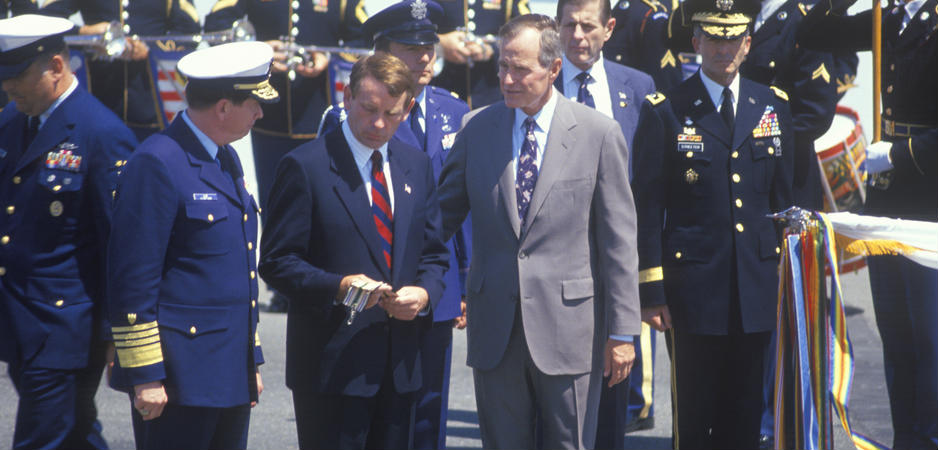

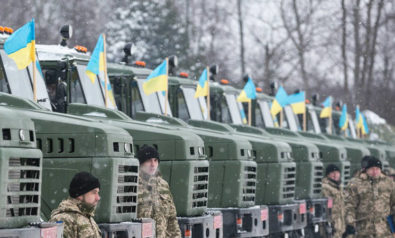

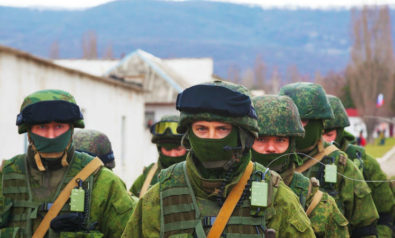
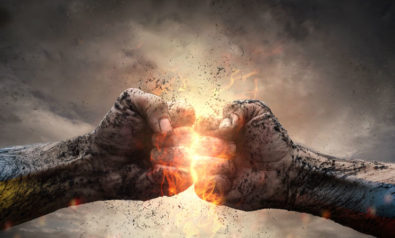
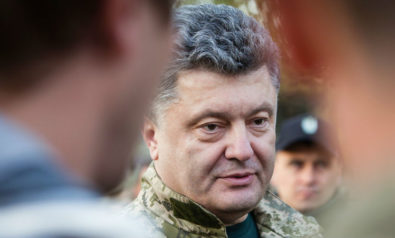
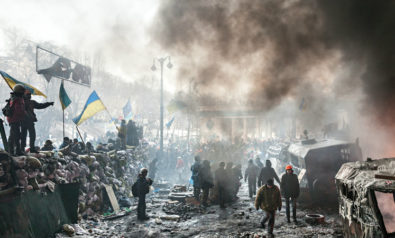

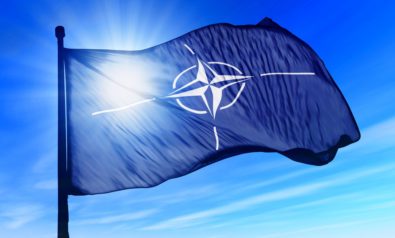

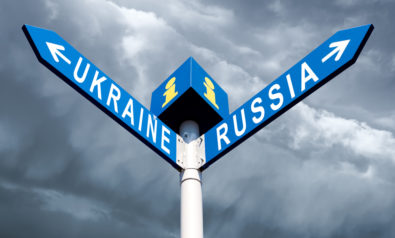
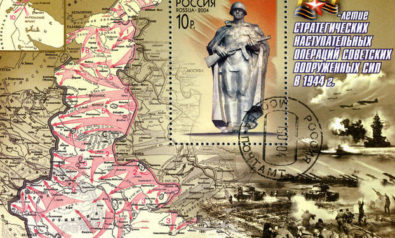
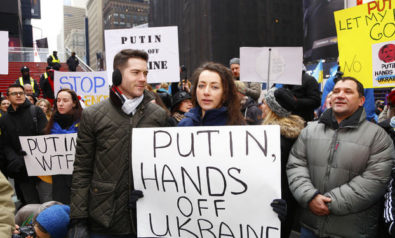

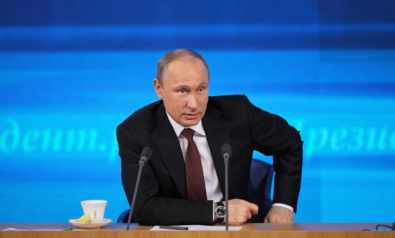
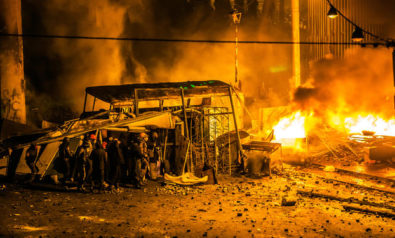

Comment